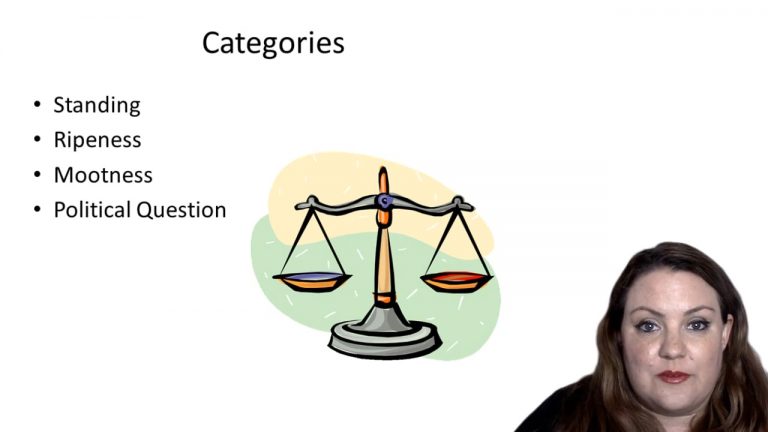SmartBrief
Confirm favorite deletion?
Criminal Law Keyed to Gershowitz
Washington v. Glucksberg
Citation:
521 U.S. 702, 117 S.Ct. 2258, 138 L.Ed.2d 772.Facts
It has always been a crime to assist a suicide in the State of Washington. Several doctors, the respondents, brought a suit to challenge the ban on assisted suicide. These doctors occasionally treat terminally ill, suffering patients, and declare that they would assist these patients in ending their lives if not for Washington’s assisted suicide ban. They argued that the existence of a liberty interest protected by the Fourteenth Amendment extends to a personal choice by a mentally competent, terminally ill adult to commit physician-assisted suicide.
The District Court agreed, and concluded that Washington’s assisted suicide ban is unconstitutional. The Court of Appeals for the Ninth Circuit affirmed, stating that concluded that “the Constitution encompasses a due process liberty interest in controlling the time and manner of one’s death.” Petitioners, the state of Washington and the Attorney General, appealed.
Only StudyBuddy Pro offers the complete Case Brief Anatomy*
Access the most important case brief elements for optimal case understanding.
*Case Brief Anatomy includes: Brief Prologue, Complete Case Brief, Brief Epilogue
- The Brief Prologue provides necessary case brief introductory information and includes:
Topic:
Identifies the topic of law and where this case fits within your course outline.Parties:
Identifies the cast of characters involved in the case.Procedural Posture & History:
Shares the case history with how lower courts have ruled on the matter.Case Key Terms, Acts, Doctrines, etc.:
A case specific Legal Term Dictionary.Case Doctrines, Acts, Statutes, Amendments and Treatises:
Identifies and Defines Legal Authority used in this case.
- The Case Brief is the complete case summarized and authored in the traditional Law School I.R.A.C. format. The Pro case brief includes:
Brief Facts:
A Synopsis of the Facts of the case.Rule of Law:
Identifies the Legal Principle the Court used in deciding the case.Facts:
What are the factual circumstances that gave rise to the civil or criminal case? What is the relationship of the Parties that are involved in the case.Issue(s):
Lists the Questions of Law that are raised by the Facts of the case.Holding:
Shares the Court's answer to the legal questions raised in the issue.Concurring / Dissenting Opinions:
Includes valuable concurring or dissenting opinions and their key points.Reasoning and Analysis:
Identifies the chain of argument(s) which led the judges to rule as they did.
- The Brief Prologue closes the case brief with important forward-looking discussion and includes:
Policy:
Identifies the Policy if any that has been established by the case.Court Direction:
Shares where the Court went from here for this case.

 14m 30s
14m 30s